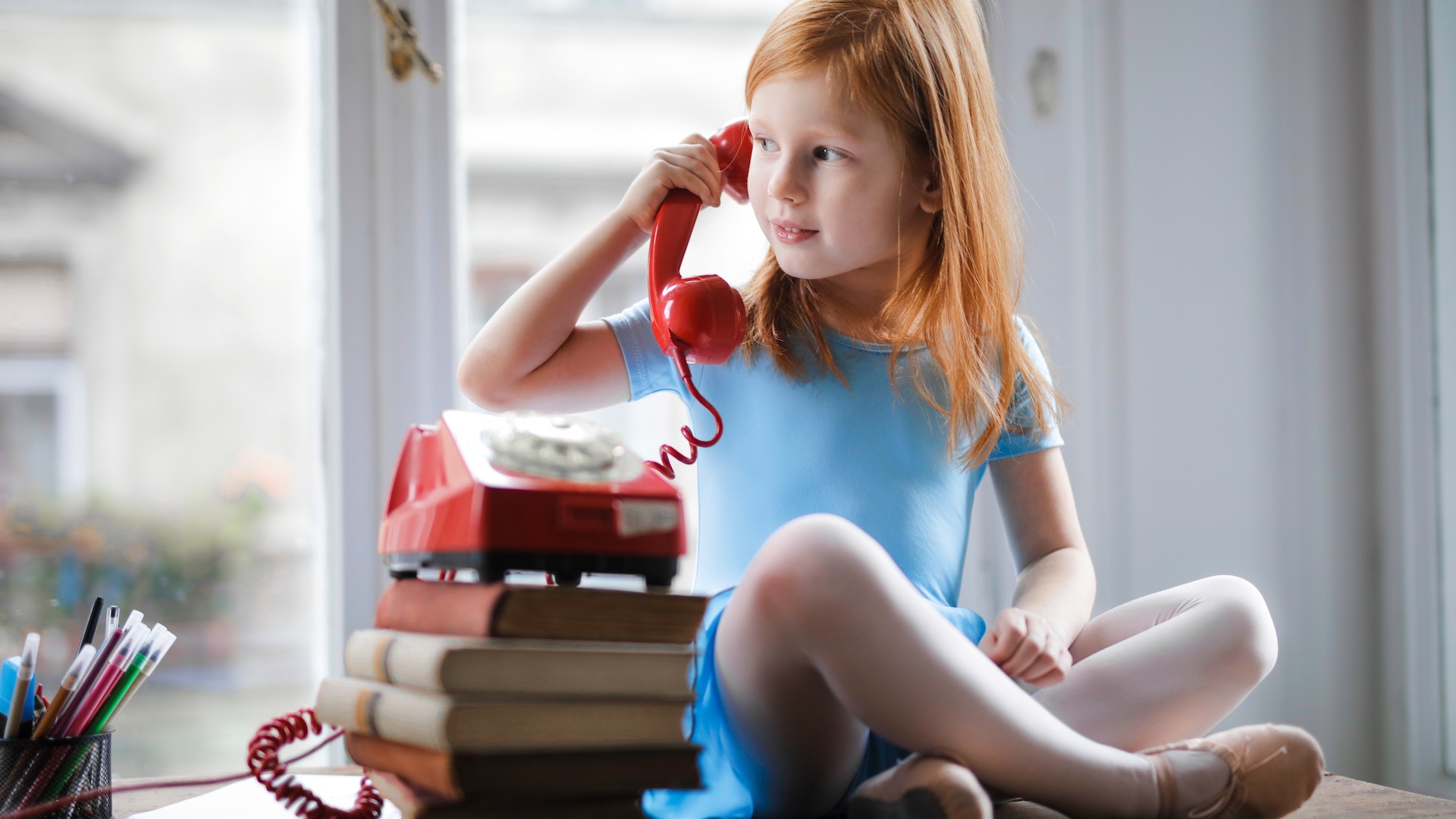
Courageous Conversation techniques for children
Course overview
Talking is an essential aspect of human communication and serves many important functions in our lives. It allows us to connect with others, share information and emotions, solve problems, learn, and entertain ourselves and others. This is true for adults and children.
The way children communicate plays an important role in the development of their personality. Children communicate in a variety of ways, depending on their age and developmental stage. Infants communicate by crying and babbling, while toddlers communicate by pointing, gestures and single words. Before we know it, children are using shot phrases, complex sentences and powerful non-verbal communication.
The need for communication in children is no different from that of adults. Children communicate to express their needs, connect with others, express emotions, learn a language and explore the environment. Infact many times, how children communicate depends on the vibes they get from their environment. Children speak up when they feel secure and encouraged. They soon observe how people react to what they say, and over time evolve into courageous speakers or timid speakers.
The need for children to speak up and express their opinions not only shapes their personality but also builds character. How confidently they speak about things about causes that impact them as youngsters, will pave the path to expressing their opinion on bigger cause in adulthood. For example a child who can own the stage while speaking about the ban on single use plastic like disposable straws in childhood, will own the stage when she speaks about pay disparity between males and females when she grows up.
Also communicating emotions and feelings help children discover their passion early one in life. Children speak their mind in safe places where they are not judged. This helps them to relate to things and express their honest opinions about it. If channelized in the right direction parents and teachers could be potentially igniting passion and purpose in children.
Our young adults of today are leaders of tomorrow and it is our collective responsibility to encourage them to communicate, provide them a platform to express their ideas and applaud them for their contribution in making the world a better place.
This training program is a big step in that direction. Please communicate whole heartedly and hold the space for others to do the same.
Learning Objectives
The primary learning objectives of this training are:
- Understanding the importance of a safe space for communication
- How to participate in communication by active listening and empathy
- How to expressing oneself clearly
- Respectful communication
- Digital communication
- Role of cultural competence in communication
- How communication builds confidence
- Collaborative communication
Our Unique Training Methodology
- Group discussions
- Breakout sessions
- Peer learning
- Whiteboarding
- Brainstorming
Training Medium
The Training on “Courageous Conversations for Children” is designed in a way that it can be delivered face to face and virtually.
Course Duration
This Training on “Courageous Conversations for Children” is versatile in its delivery. The training can be delivered as a three-day program or can be spread across seven days.
Pre-course Assessment
Participants (children) should identify two topics they are most comfortable to talk about and two topics they shy away from. Also be prepared on why you think these topics are comfortable or uncomfortable for you. Imagine yourself having this communication with people other than your parents.
Participants (parents) should rate their children as communicators on a scale of 1 to 10, one being the lowest and 10 being the highest. Please reflect on why you have given this score.
Course Modules
Module 1: Introduction and Ice Breaker
Every participant needs to prepare their introduction and a one-minute talk on what they feel is the most important topic in their life currently.
Module 2: The need for “Courageous Conversations for Children”
- Helps develop critical thinking
- Develop problem solving skills
- Resolve conflicts
- Understand complex topics by questioning in a safe environment
- Ability to question assumptions
- Develop different perspectives
- Express feelings openly and honestly
- Build self-awareness
- Develop trust and respect for the other person
- Build strong and healthy relationships
- Become skilled communicators
Module 3: Reasons why children hold back from having courageous conversations?
- Fear of judgement or criticism
- Lack of confidence
- Difficulty in regulating emotions
- Language barriers
- Trauma or negative past experience
Module 4: How can adults support courageous conversations for their children
- Have fun together
- Taking out uninterrupted time for conversations
- Create a safe environment
- Paying attention
- Active listening
- Respecting the child’s feelings and emotions
- Do not judge
- Watching your voice and tone
Module 5: How courageous conversations help shape children’s personality
- Develop social skills
- Build resilience
- Develop empathy
- Build self confidence
- Have an open mind
- Willingness to listen and learn
Module 6: A courageous conversation is a two-way street
- Promotes understanding
- Fosters engagement
- Deepens relationships
- Both parties can express themselves and be heard
Module 8: The impact of COVID 19 Pandemic on the quality of the conversation’s children are having and how to improve
- Increased reliance on technology
- New communication patterns
- New communication challenges – talking through masks, expressing emotions virtually, limited use of body language
Post-course Assessment
Participants (children) need to schedule conversation time with people they are comfortable with. Make controversial and provoking statements and practice speaking your mind.
Participants (parents) set aside conversation time. Participate with patience as an equal and not from a position of authority and be conscious of the tone.
Lessons Learned
The Training Bee takes pride in identifying the most critical training requirements of the workplace and curating training programs that are forward looking. The aim of this training on “Courageous Conversations for Children” is to help children speak their mind unapologetically and without the fear of judgement. Learn to be respectful to other people even if their ideas and thoughts do not resonate with their own.
Our team of competent trainers, research the present and future workplace trends across industries and geographies and deliver information, knowledge and tools to overcome the challenges of tomorrow. This preemptive outlook differentiates our course design, its delivery and keeps our clients asking for more.







